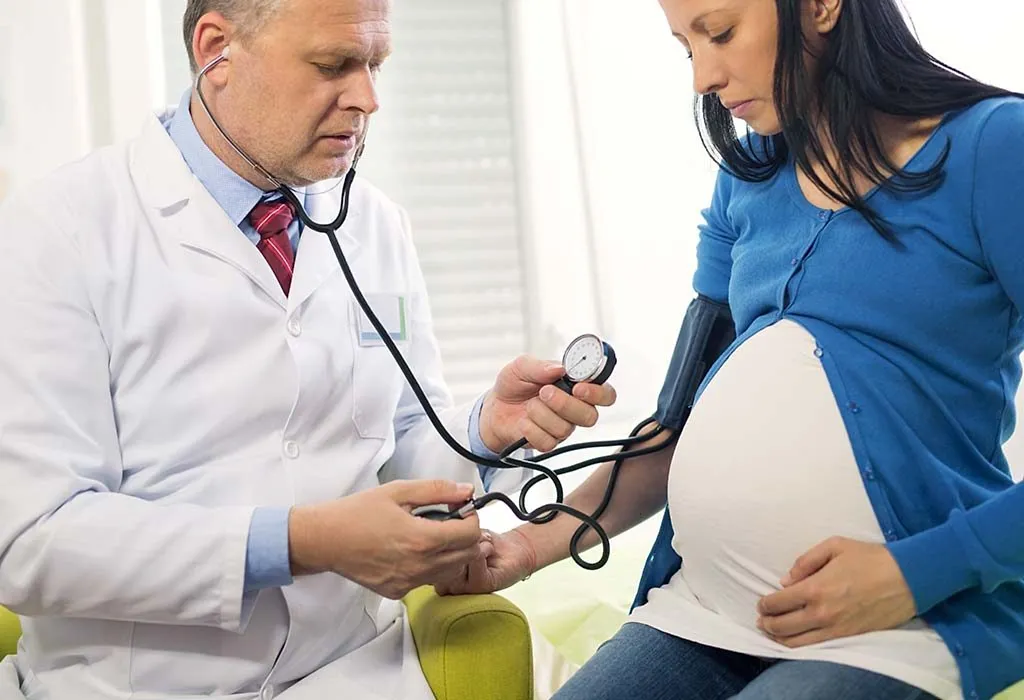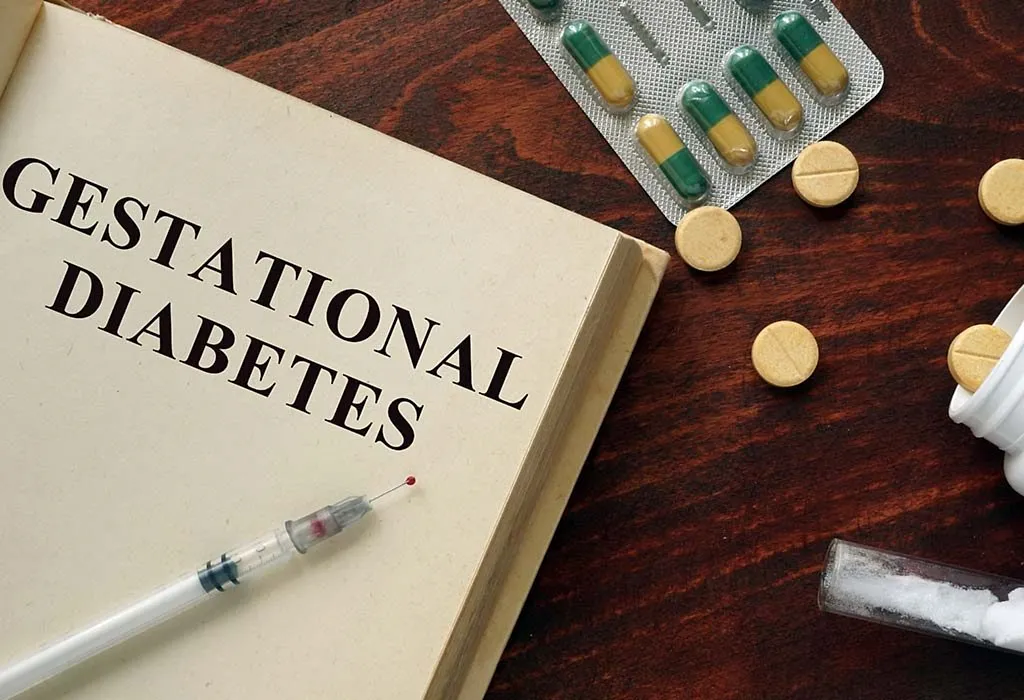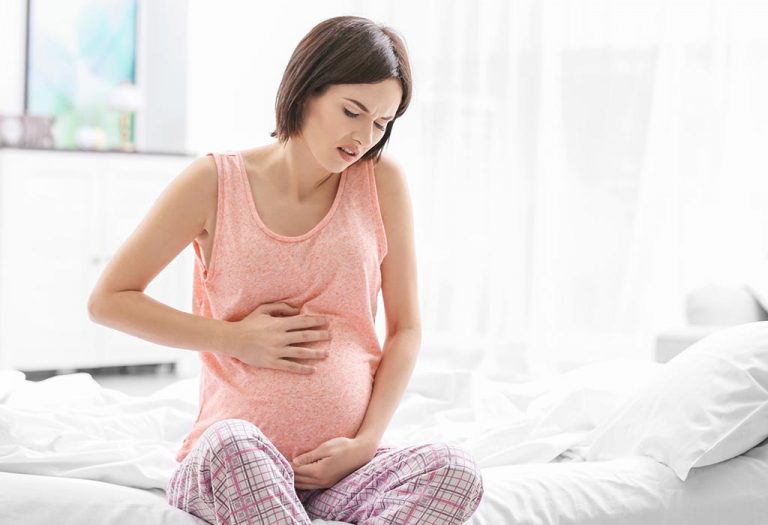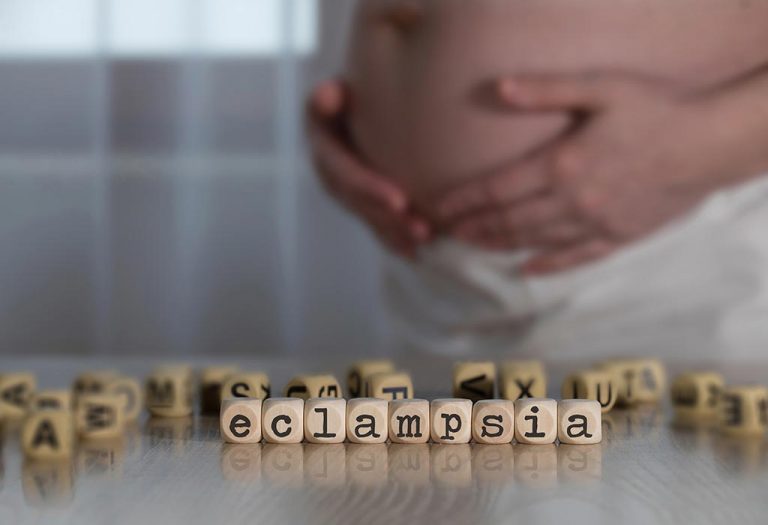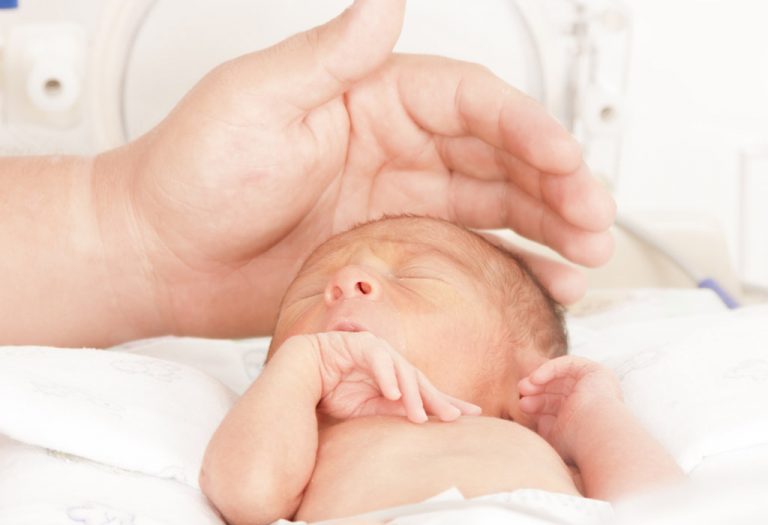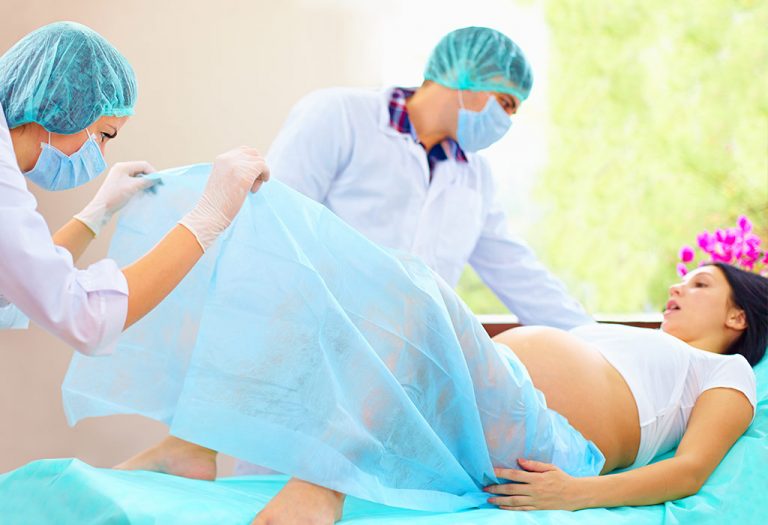10 Common Second Trimester Complications

The second trimester of pregnancy, also known as the honeymoon period of pregnancy, is often when women feel at their best while expecting. However, despite being a smoother period for most, the second trimester is not entirely free of complications. Some women may face certain challenges, including second trimester complications that require medical attention. These 2nd trimester pregnancy problems can range from mild discomforts to more serious conditions that may impact both the mother and the baby. It’s important to stay informed and take preventive measures to ensure a healthy pregnancy. Read on to learn more about these potential complications and what you can do to prevent them for a safer and healthier pregnancy journey.
2nd Trimester Pregnancy Problems
For most pregnant women, the second trimester is the most comfortable time of their pregnancy. It is in the second trimester you will notice that your baby is growing very quickly. But as mentioned above, even second trimester is not free of complications. Here are some of the pregnancy problems in the 2nd trimester.
1. Bleeding
The risk of miscarriage is much lower in the second trimester, but there are still some chances of it to occur. Vaginal bleeding is the first symptom of having a miscarriage. A miscarriage may occur due to several factors like uterine septum wall, in which the septum or a wall divides the uterus into two separate parts. An incompetent cervix can cause the cervix to open up too soon leading to an early birth. An autoimmune disease like lupus or scleroderma can also lead to a miscarriage. Chromosomal abnormalities can also lead up to a miscarriage. However, not always bleeding is a sign of a miscarriage. If you notice bleeding, consult your caregiver; she will able to identify the reason for vaginal bleeding and provide the right treatment for it (1).
2. Preterm Labour
When you experience labour pain before the 38th week, it is known as preterm labour. Preterm labour could get triggered due to one or more of the following reasons: a bladder infection, chronic health conditions like diabetes or any other kidney disease, and active and passive smoking (2). A pregnant woman who has already experienced preterm labour in her previous pregnancy is at a higher risk of going through it again. Twin pregnancy complications in the second trimester may also lead to preterm labour. Look out for the signs like tightening of the abdomen, frequent urination, or increased vaginal discharge. Check with your doctor immediately if you notice any of these signs.
3. PPROM
Preterm premature rupture of the membranes is a common phenomenon in pregnancy. It is common for membranes to get ruptured during labour. This occurs when the amniotic sac which holds the baby securely in the womb breaks during labour to assist in the delivery of the baby (3). However, if this happens any time soon then it is worrisome as the baby may get exposed to infections very easily. This can lead to preterm delivery.
4. Cervical Insufficiency
The tissue that connects the vagina and the uterus is known as the cervix. Sometimes this delicate tissue is unable to withstand the pressure that the uterus exerts on it, causing it to give way and open up (4). An early opening up of the cervix before the 39th week causes an early birth. At 20th week, the foetus is too premature to exist outside its cocoon, the uterus. Such a pregnancy often results in termination.
5. Preeclampsia
High blood pressure, increased protein in the urine or excessive oedema are potential causes of preeclampsia. This condition affects every system in the body, including the placenta (5). During pregnancy, the placenta is responsible for carrying nutrients to the baby. Typically, preeclampsia is found to occur in the third trimester, but some women may be affected by this condition even in their second trimester. Talk to your doctor if you experience loss of vision or spots in vision, which is accompanied by severe pain in the abdomen or pain in the right side of the body.
6. Injury
Pregnancy causes your centre of gravity to shift, making you prone to injuries and falls. Losing your balance easily can be disastrous when you are pregnant. Along with the change in gravity, a growing belly also puts you at risk of losing your balance and hurting yourself. Consider installing grab rails in the bathrooms or near slippery areas. Buy yourself an anti-skid mat for your bathroom.
7. Respiratory Problems
Breathing problems during the second trimester of pregnancy occur due to the growing baby trying to push itself up to your lungs. Sometimes, hormonal changes also lead to breathing troubles. Due to increased blood flow, the membranes lining the nose swell up, causing them to block the nose and, in some cases, even bleed. Waking up to a stuffy nose or snoring while sleeping is a common problem during the second trimester. Sleep problems during pregnancy second trimester such as insomnia are also quite common (6).
8. Gestational Diabetes
As the pregnancy advances, the requirement of the foetus for more nutrition also increases along with the mother’s glucose levels. This temporary increase in the blood sugar level during pregnancy is known as gestational diabetes. Gestational diabetes raises the risk of a difficult birth (7). However, you can prevent gestational diabetes by eating healthy food, exercising, and taking medications regularly if prescribed by your doctor.
9. Bleeding Gums
Dental issues like bleeding gums are a common problem during the second trimester of pregnancy (8). Due to hormonal changes in the body, more blood rushes into your gums, causing them to bleed. Be gentle while you brush your teeth. Buy yourself a soft toothbrush and go easy on the flossing routine. However, it is important that you maintain good dental hygiene to avoid any complications in the second trimester of your pregnancy. Pregnant women who have periodontal diseases are more likely to deliver a baby with low birth weight or go into preterm labour.
10. Haemorrhoids
Haemorrhoids are varicose veins that are usually found around the anus. They are veins that swell up and become enlarged due to the increased blood flow in the body during pregnancy. Sometimes the growing uterus also puts pressure on these veins, causing them to get enlarged. They are very painful and can get extremely itchy at times. Sit in a sitz bath or a warm tub of water to get relief from this condition (9).
FAQs
1. Can a UTI in the second trimester lead to preterm labour?
While urinary tract infections (UTIs) are common in pregnancy, an untreated UTI during the second trimester can sometimes trigger contractions or even preterm labour. Hormonal changes and pressure from the growing uterus increase the risk of UTIs, so prompt treatment is essential.
2. How does a short cervix in the second trimester affect pregnancy?
A shortened cervix (often detected via ultrasound) increases the risk of preterm birth. While some women have no symptoms, others may experience pelvic pressure or mild spotting. Treatments like progesterone supplements or a cervical cerclage may be recommended to prevent early labour.
This was all about 2nd-trimester pregnancy complications. The second trimester of pregnancy is slightly better than the first and third trimesters, and it will be a relaxed time for you. You will feel much better and enthusiastic. However, the second trimester also comes with its own set of challenges and complications. If you experience any physical pain or notice any abnormality in your pregnancy, reach out to your doctor immediately. Do not wait for your next scheduled prenatal visit. It is imperative to start the right treatment at the earliest if you face any issues during your pregnancy. Stay happy and have a healthy pregnancy.
References/Resources:
1. American College of Obstetricians and Gynecologists – FAQs: Bleeding During Pregnancy
2. Mayo Clinic – Preterm labor
3. University of Rochester Medical Center – Preterm Premature Rupture of Membranes (PPROM)
4. National Library of Medicine – Cervical Insufficiency
6. Obstetrics, Gynaecology and Reproductive Medicine – Respiratory disease in pregnancy
7. Cleveland Clinic – Gestational Diabetes
8. NHS – Bleeding gums in pregnancy
9. Cleveland Clinic – Hemorrhoids During Pregnancy
Also Read:
Second Trimester Diet
Exercise in Second Trimester
Sleeping Postions for 2nd Trimester
Yoga during 2nd Trimester of Pregnancy
Was This Article Helpful?
Parenting is a huge responsibility, for you as a caregiver, but also for us as a parenting content platform. We understand that and take our responsibility of creating credible content seriously. FirstCry Parenting articles are written and published only after extensive research using factually sound references to deliver quality content that is accurate, validated by experts, and completely reliable. To understand how we go about creating content that is credible, read our editorial policy here.








